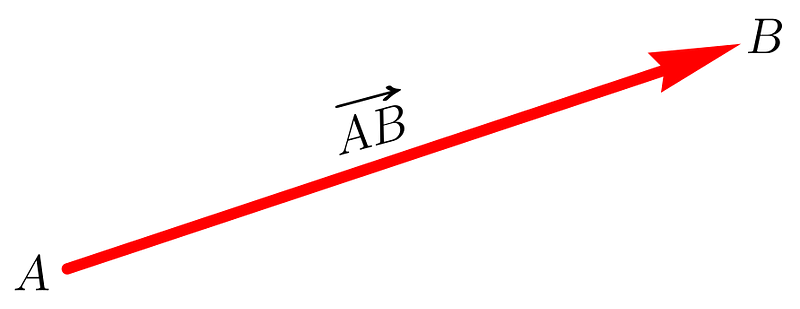HHH-Healthy Half an Hour. The Book
Chapter 1. The most important thing for your health

My dear readers, I have a question for you.
What is the most important thing for your health?
A firm hand is up at the front row:
Is it exercise?
Very good! But, nope. I know a lot of athletes who are fit but unhealthy.
A lady from the middle:
Hmm, nutrition?
Important, yes! Yet, still nope. Again, I know people who follow a healthy diet and they are still unhealthy.
A cautious voice from the back row:
Good sleep, huh?
Fantastic! Although, not the MOST important thing
Your mindset is the most important thing for being healthy.
Please let me say it again.
Your mindset is the most important thing for being healthy.
Your choice of exercise may change. You could get injured, or simply age.
Nutrition alone never made people healthy. We all have preferences, too. There are so many diets out there. What’s good for one person will not work for others. You have to try and make mistakes to find what works for you in the long run.
Healthy sleep is important for sure. Yet, sometimes in life, it could be a challenge. Sleep disruption, anyone? Small kids? Oh, yes! Work or study deadlines? You tell me. Family members could get sick and need your attention. The list goes on and on.
Your mindset is the only thing that can bring the pieces together to form the puzzle of your good health. Life is never perfect. Only your mindset can balance your life out. Choose the exercise that works for you. Find nutrition that you can stay on until death do us part. Manage your sleep and, in a bigger perspective, stress level.
Make your mind your ally. Success will follow. Your health is the precious prize in this competition.
Let’s talk about how you inspire your mind to achieve health. And yes, that means more questions.
Have you ever asked these questions:
- How much should I exercise to lose weight?
- When do I see the progress?
- I’ve been exercising for a month, when will my weight change?
I’d love to explain you. Because I want to help you be healthy.
What is health?
You can describe health in numbers, energy level and confidence.
What are the numbers? Blood pressure, blood sugar, cholesterol, triglycerides, waist-to-hip ratio and, of course, weight. Doctors pay a lot of attention to numbers. They decide to give you those blood pressure meds based on your numbers.
Some people say health means having a high energy level to do things you love. It’s a valid point yet the energy level tends to follow your numbers. As numbers turn green, your energy level follows.
The confidence in how you see yourself and other people see you. Numbers and your energy level can change it. Or not, as many factors affect self-confidence.
We’re going to focus on things we can measure. The numbers, and take the easiest metric to measure. The weight.
Present, Past and Future
The present is simple. It’s how healthy you feel right now. At this moment. In the present. Your current weight is easy to measure. You can stand on the weigh-in scale and you got it. Yet, it helps little to understand:
- how healthy you’ve been?
- how healthy you might become?
You need to look into your past and your future to get the answers you want.
How do you look into your past?
Let’s say your weight is 110 kg (242 lbs) and your height is 175 cm (5'9). Your weight was 80 kg (176 lbs) 5 years ago. It was 104 kg (229 lbs) one year ago. Your current weight gain is 6 kg (13 lbs) a year or 0.5 kg (1 lb) a month. That’s where your lifestyle is taking you.
How do you project into your future?
What happens if you keep gaining 6 kg (13 lbs)a year? That’s 30 kg (66 lbs) in another 5 years. You’re going to be 140 kg (308 lbs) then. I used to be at this weight before. That’s a lot of weight to carry around. Your knees and your back might be hurting when you walk. Your heart might be struggling to pump the blood through your body. Your doctor might prescribe you pills to control your high blood pressure. Your blood sugar might be high.
In 10 years the gain is going to be 60 kg (132 lbs). Your weight could become 170 kg (375 lbs). It’s a weight when you find it hard to move around. The risk of a sudden heart attack would be much higher. Your career, your family, your achievements, all that could be lost in a blink of an eye.
The vector
I have a name for this calculation. The vector from school math. The vector shows where you move and at what speed.

It’s important to know your vector before we can move next.
Can you do this calculation?
It could be your weight, blood pressure or cholesterol. Choose the most important one for you:
- measure the current weight or another number
- recall what it was 1, 5, or 10 years ago
- calculate the vector. Example? My current weight gain is 6 kg (13 lbs) a year or 0.5 kg (1 lb) a month.
You can share your vector in the comments or write it down for yourself.
Please let me know if you’ve calculated your vector. We’ll talk about what to do with it in the next chapter.
Thank you, dear readers! This was the first chapter of my book ‘HHH — Healthy Half an Hour’. Your feedback is appreciated! To be continued…
The intro link is below for your convenience
